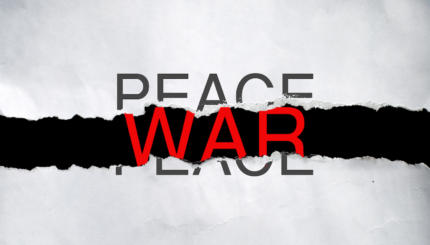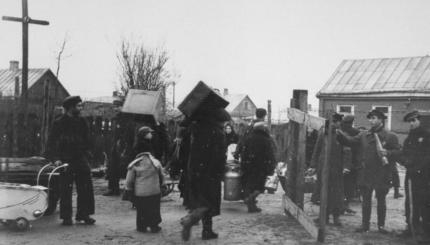Evergreen
Jewish Ideas of Peace and Nonviolence
In Judaism, peace is not merely the opposite of war, but denotes an ideal state of affairs.
How Many Jewish New Years?
In ancient times there were four new years on the Jewish calendar.
The History of Rosh Hashanah, From the Torah to the Temples
The meaning of the holiday changes over time.
Rosh Hashanah 101
The Jewish New Year is a time of rejoicing and serious introspection.
Rosh Hashanah 2025
In 2025, Rosh Hashanah begins at sundown on Monday, Sep. 22 and ends at sundown on Wednesday, Sep. 24.
Purim 2026
In 2026, Purim begins at sundown on Monday, March 2 and ends at sundown on Tuesday, March 3.
The Holocaust: Responding to Modern Suffering
The events of the Holocaust put the problem of suffering at the fore of Jewish theological discourse.






